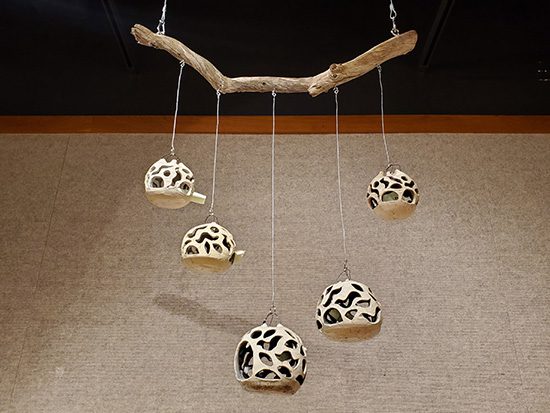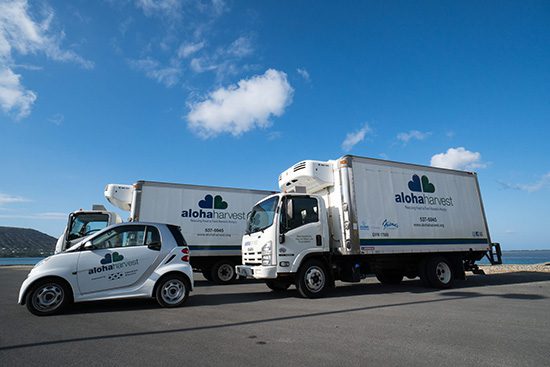
Sustainability and Resilience Fellowships
The UH System Sustainability Office and Kupu, an environmental non-profit that provides internships and training, have recently created new Sustainability and Resilience Fellowships with one placed at each college across the UH System.
These new Sustainability Fellows are part of the Americorps VISTA program, which is modelled on the Peace Corps but within the United States.
This is a volunteer position for recent college graduates that includes a living stipend, some benefits and an educational grant upon completion.
This program was designed to improve the sustainability efforts across the system and the emphasis is on completing the Association for the Advancement of Sustainability in Higher Education (AASHE) Sustainability Tracking and Rating Systems (STARS). STARS is designed to measure a college’s sustainability efforts in curriculum, research, operation and community and in many ways reflects the unique contributions of institutions of higher education in the larger efforts to transform the way we interact with the environment.
Tracking sustainability efforts is particularly important to make sure that improvements are meaningful and lasting. Without measurement and tracking, there is little accountability.
Windward Community College is fortunate enough to have a new Sustainability and Resilience Fellow, Navin Erwin-Tagore, who will be working full-time on campus over the next year to complete the STARS reporting as well as assist and support the diverse sustainability efforts on campus.
Navin is a recent graduate of the Natural Resources and Environmental Management program at UH Mānoa and took graduate classes in the Urban and Regional Planning department. Navin’s work at UH and in the community has given him a wealth of experiences in improving sustainability in a university setting.
While at UH, Navin worked with a team of students on a feasibility study for an anaerobic impact digester on campus that would process a portion of the food waste on campus. UH administration is considering the proposal.
He also participated in the UH Mānoa waste audit, researching the total waste stream and proposing steps to reduce it.
Navin learned about zero waste food systems while working at local elementary school campuses through the Windward Schools Zero Waste Hui.
Besides working with sustainability and waste reduction, Navin has a variety of other experiences that will aid his sustainability work at WCC. He has worked on a farm near Olomana, as a cook at different Japanese restaurants in Honolulu, and has an interest in art. Agriculture, cooking, art and waste all come together in creating a circular economy in which each part is done thinking about the upstream and downstream effects. Navin is passionate about reducing waste and creating circular economies and is excited about supporting the diverse agricultural, culinary and sustainability efforts here at WCC.
By Christian Palmer





